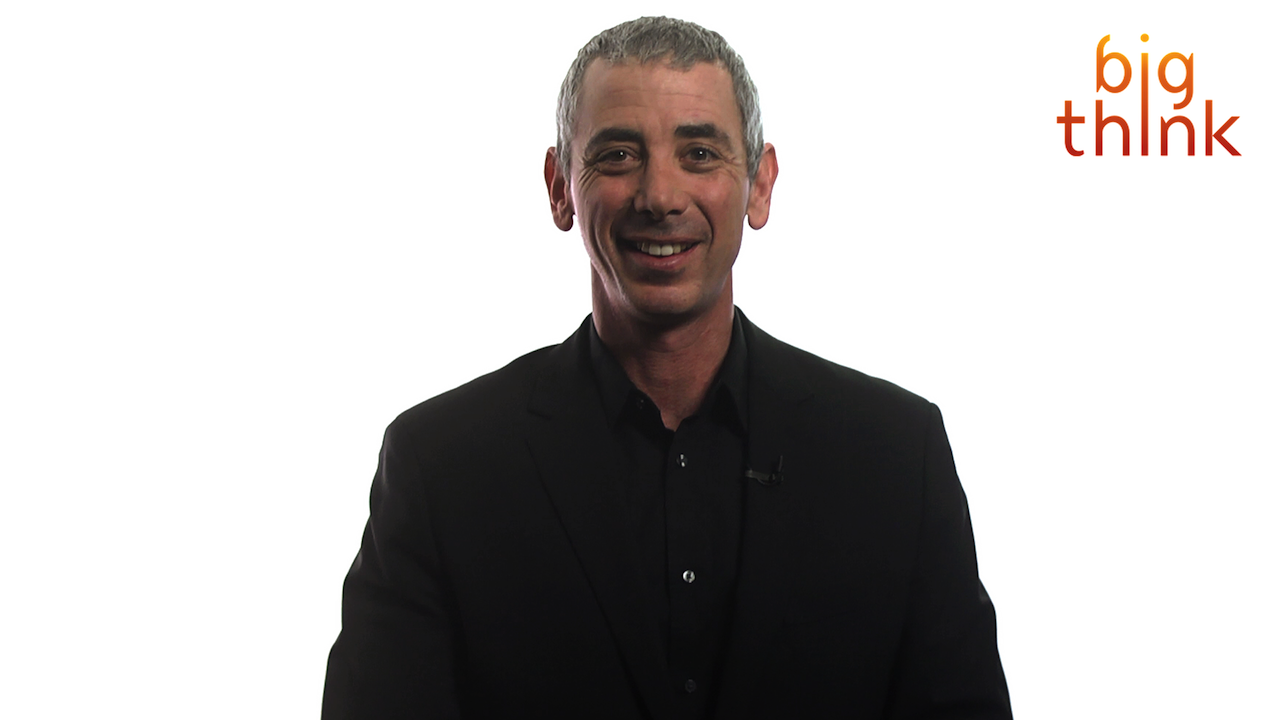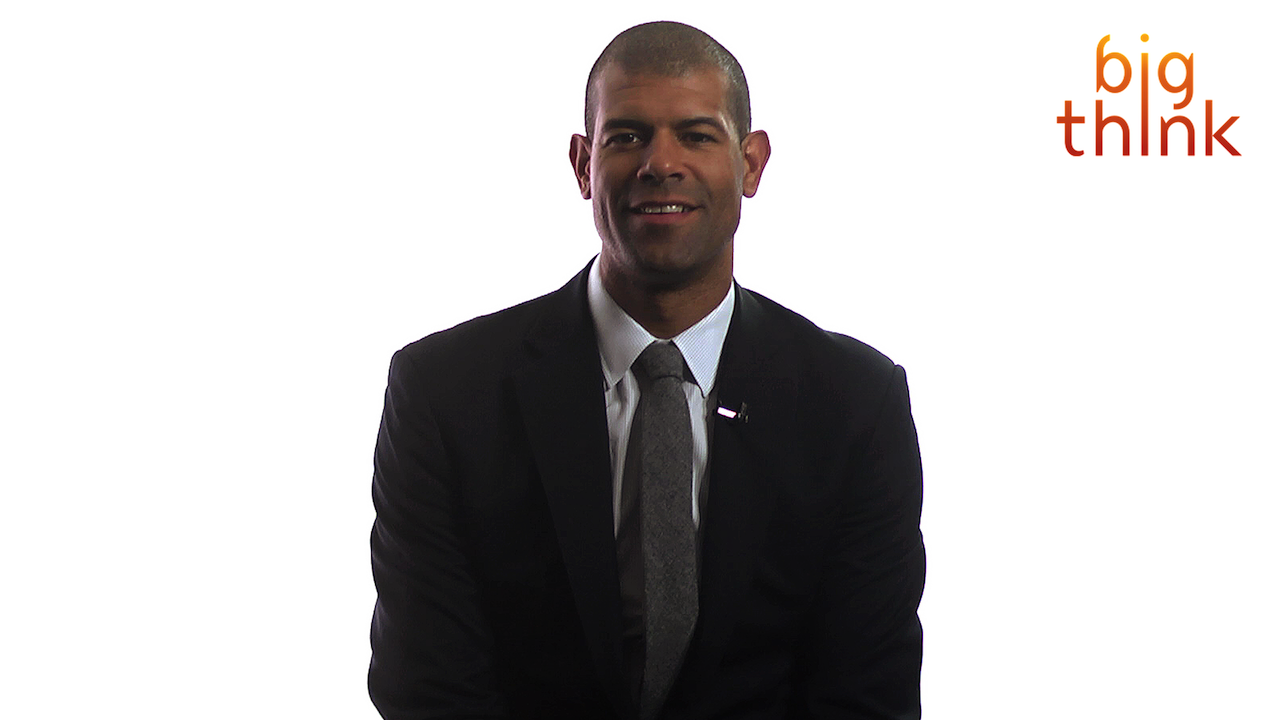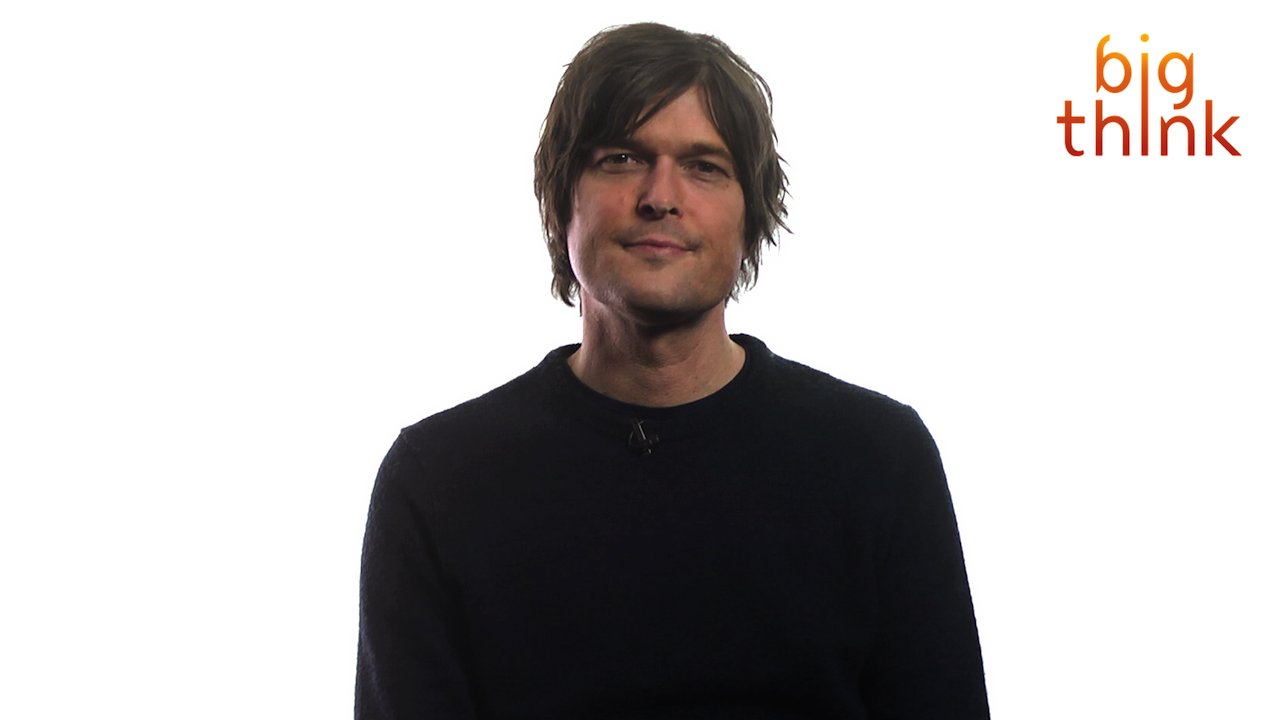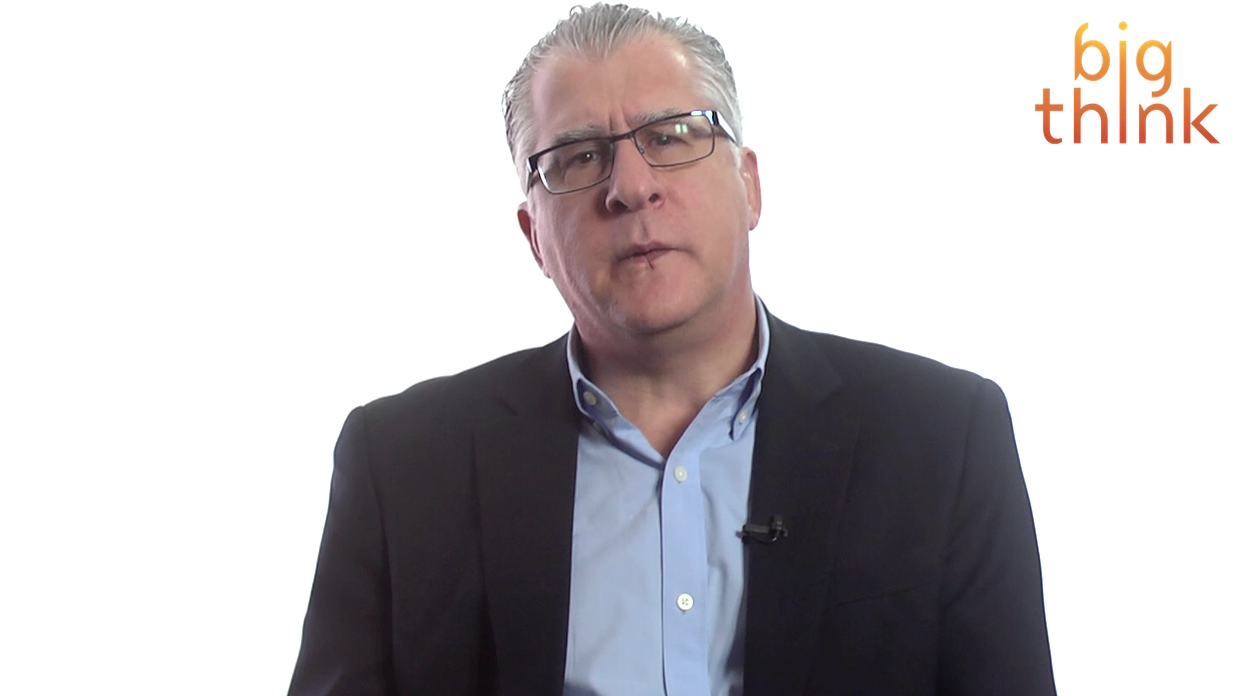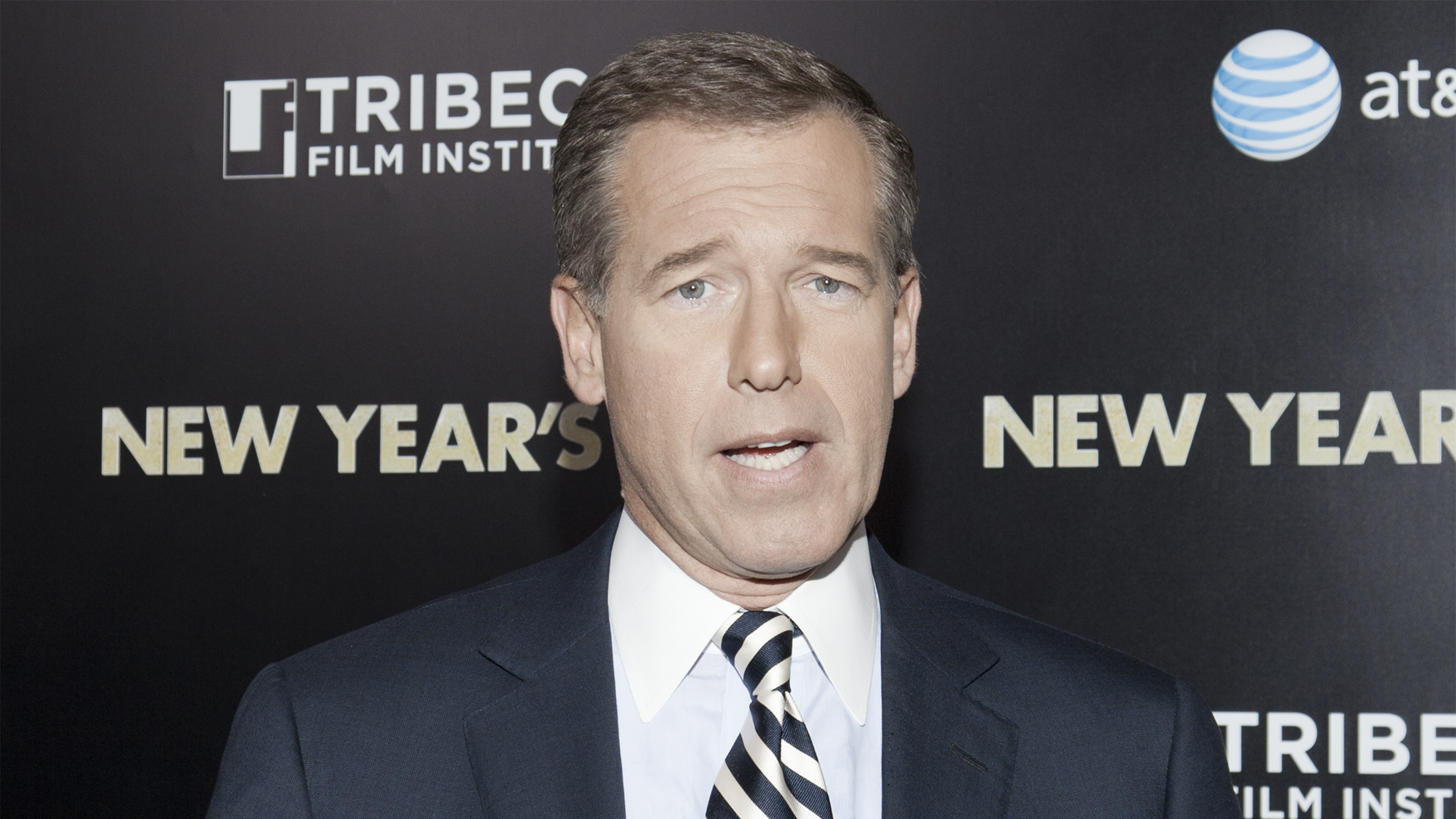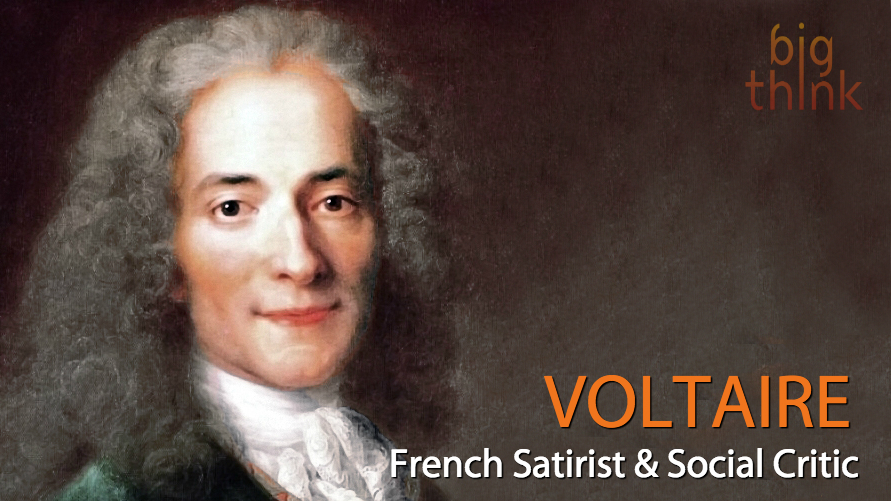bigthinkeditor

“We abuse land because we regard it as a commodity belonging to us. When we see land as a community to which we belong, we may begin to use it with love and respect.”
“If education is always to be conceived along the same antiquated lines of a mere transmission of knowledge, there is little to be hoped from it in the bettering of man’s future.”
When conducting a pragmatic assessment of the economic value of ideas, The Innovator’s Hypothesis author Michael Schrage was shocked to find that “good ideas” don’t make much money.
What does it mean to be confident? Author and broadcaster Claire Shipman explains what surprised her most when researching confidence in both professional and nonprofessional contexts.
One of the brightest minds in basketball walks through the theory and implementation of advanced analytics.
“There is an urge and rage in people to destroy, to kill, to murder, and until all mankind, without exception, undergoes a great change, wars will be waged; everything that has been built up, cultivated and grown, will be destroyed and disfigured, after which mankind will have to begin all over again.”
The futurist and entrepreneur takes an analytic approach to assessing the existential risks inherent in pursuing artificial intelligence.
“Every work of art is the child of its age and, in many cases, the mother of our emotions.”
“Unthinking respect for authority,” said the legendary theoretical physicist, “is the greatest enemy of truth.”
The former head of New Zealand’s SEC explains why putting women on boards isn’t just the right thing to do — it’s also the bright thing to do.
The vice chairman and chief financial officer of PwC recounts how being diagnosed with Hodgkin’s disease at 25 pushed her to become more active in pursuit of career goals.
What’s more important: competence or confidence? When it comes to being a leader, it’s preferable to have both. But if you had to choose just one, confidence is the way to go.
In his latest book Bold, Peter Diamandis notes that exponential entrepreneurs need to keep an eye out for emerging technologies — such as virtual reality — about to emerge in a big way.
“The young do not know enough to be prudent, and so they attempt the impossible, and achieve it, generation after generation.”
“If you are receptive and humble,” said Dirac, “mathematics will lead you by the hand.”
“You cannot hope to build a better world without improving the individuals. To that end each of us must work for his own improvement, and at the same time share a general responsibility for all humanity, our particular duty being to aid those to whom we think we can be most useful.”
It’s common to dismiss the sorts of processes undertaken by the characters in CSI or House as the stuff of fantasy. MetaMed Research co-founder Michael Vassar argues that we’ve got that all wrong.
Executive Amanda Mesler, who has held numerous prominent roles in corporate America, including as a CEO of Logica N.A., shares examples of both successful and unsuccessful coaching of next-gen women leaders.
Author Michael Schrage argues that the most successful forms of innovation are ones that include investments made in the human-capital capabilities of a company’s customer base. Henry Ford and his impact on driving culture is a good example.
Life coach and author Tara Sophia Mohr shares her insight on the strategies necessary for helping girls reach their full leadership potential.
Author Steven Kotler explains the basic tenets of exponential technology growth cycles. Understanding these will allow savvy entrepreneurs to gain an advantage over their competition by way of exponential entrepreneurship.
“I discovered that rejections are not altogether a bad thing. They teach a writer to rely on his own judgment and to say in his heart of hearts, ‘To hell with you.'”
“Games are a trigger for adults to again become primitive, primal, as a way of thinking and remembering. An adult is a child who has more ethics and morals; that’s all.”
“The most important thing we can do is inspire young minds and to advance the kind of science, math and technology education that will help youngsters take us to the next phase of space travel.”
Legendary college basketball coach Dean Smith died last week at the age of 83. Former NBA player Shane Battier, who was recruited by Smith, but eventually settled on a rival school, recounts his memories of the man.
David Butler, vice president of Innovation and Entrepreneurship at Coca-Cola, speaks to the harms that befall big companies that refuse to adapt to remain relevant.
“A comedian is not a person who opens a funny door — he’s the person who opens a door funny.”
The chief executive officer and president of NPS Pharmaceuticals walks us through the health innovations we can expect in the coming decades.
In a Big Think interview, David Westin, who ran ABC News for 14 years, laid out the steps that NBC needs to take to keep Brian Williams at the anchor […]
“Life is bristling with thorns, and I know no other remedy than to cultivate one’s garden.”




















